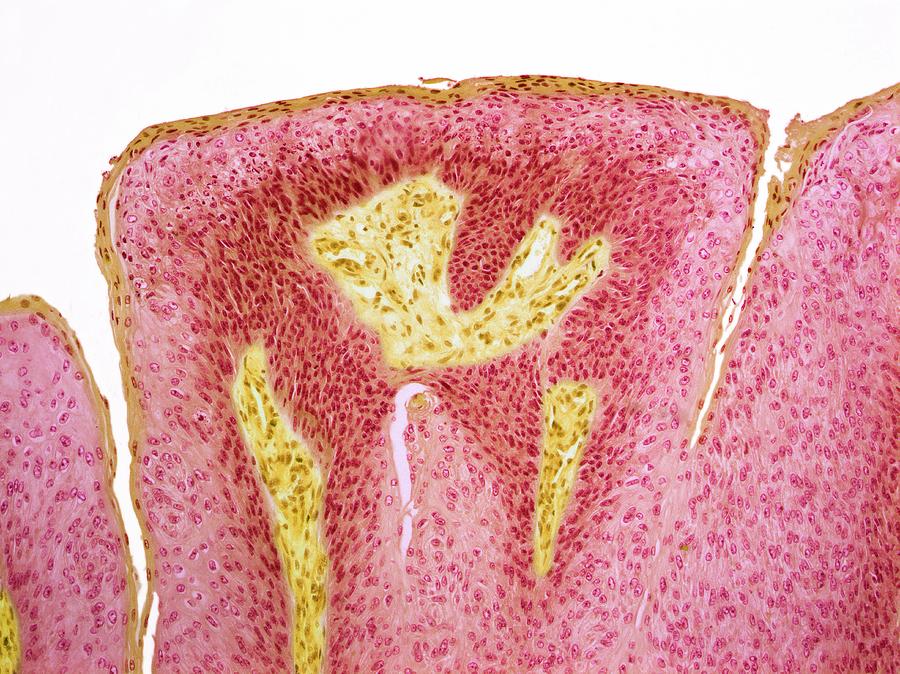Genital Warts: Causes, Symptoms, and Treatment

Causes of Genital Warts
Genital warts are caused by the human papillomavirus (HPV). There are over 100 different strains of HPV, and some strains can cause warts on the hands, feet, and other parts of the body. However, the strains of HPV that cause genital warts are different from those that cause other types of warts.
How is HPV transmitted?
HPV is transmitted through skin-to-skin contact, typically during sexual activity. Condoms can reduce the risk of transmission, but they do not offer complete protection.
Who is at risk for genital warts?
Anyone who is sexually active can get genital warts. However, the risk is higher for people who have multiple sexual partners, have sex at a young age, or have a weakened immune system.
Symptoms of Genital Warts
Genital warts often do not cause any symptoms, and many people are not aware that they have the virus. When symptoms do occur, they can include:
What do genital warts look like?
Genital warts are small, flesh-colored or gray growths that appear on or around the genitals or anus. They can be flat or raised, and they may be clustered together or spread out.
Do genital warts hurt?
Genital warts usually do not cause pain or discomfort. However, they can be itchy, and they can cause emotional distress or embarrassment.
Treatment of Genital Warts
There is no cure for HPV, but there are treatments available for genital warts. Treatment options include:
Topical treatments
Topical treatments, such as imiquimod and podophyllin, are applied directly to the warts. They work by stimulating the immune system to attack the virus or by destroying the warts.
Cryotherapy
Cryotherapy involves freezing the warts with liquid nitrogen. This causes the warts to blister and fall off.
Surgical removal
If the warts are particularly large or difficult to treat, they may need to be surgically removed. This can be done through electrocautery, laser surgery, or excision.
Prevention of Genital Warts
The best way to prevent genital warts is to practice safe sex. This includes using condoms during sexual activity, limiting your number of sexual partners, and getting vaccinated against HPV.
HPV vaccination
The HPV vaccine is recommended for both boys and girls between the ages of 9 and 26. The vaccine can protect against the strains of HPV that are most likely to cause genital warts and certain types of cancer.
Pros and Cons of Genital Wart Treatment
Like all medical treatments, there are pros and cons to treating genital warts. Some of the benefits of treatment include:
- Reduced risk of transmission to sexual partners
- Improved appearance and reduced discomfort from warts
- Lower risk of developing certain types of cancer
However, there are also some drawbacks to treatment, including:
- Cost of treatment
- Side effects of treatment, such as pain or scarring
- The possibility of recurrence of warts after treatment
FAQs
1. Can you get genital warts from kissing?
No, genital warts are not typically spread through kissing. They are spread through skin-to-skin contact during sexual activity.
2. Can genital warts be cured?
There is no cure for HPV, but there are treatments available for genital warts.
3. How long does it take for genital warts to show up after exposure to HPV?
It can take several weeks or months for genital warts to appear after exposure to HPV. Some people may never develop warts, even if they have been exposed to the virus.
4. How common are genital warts?
Genital warts are a common sexually transmitted infection. According to the Centers for Disease Control and Prevention (CDC), an estimated 79 million Americans are currently infected with HPV, and about 14 million new infections occur each year.
Overall, genital warts are a common and treatable sexually transmitted infection. Practicing safe sex, getting vaccinated against HPV, and seeking treatment if you have symptoms can help prevent the spread of the virus and reduce your risk of developing long-term health problems.
